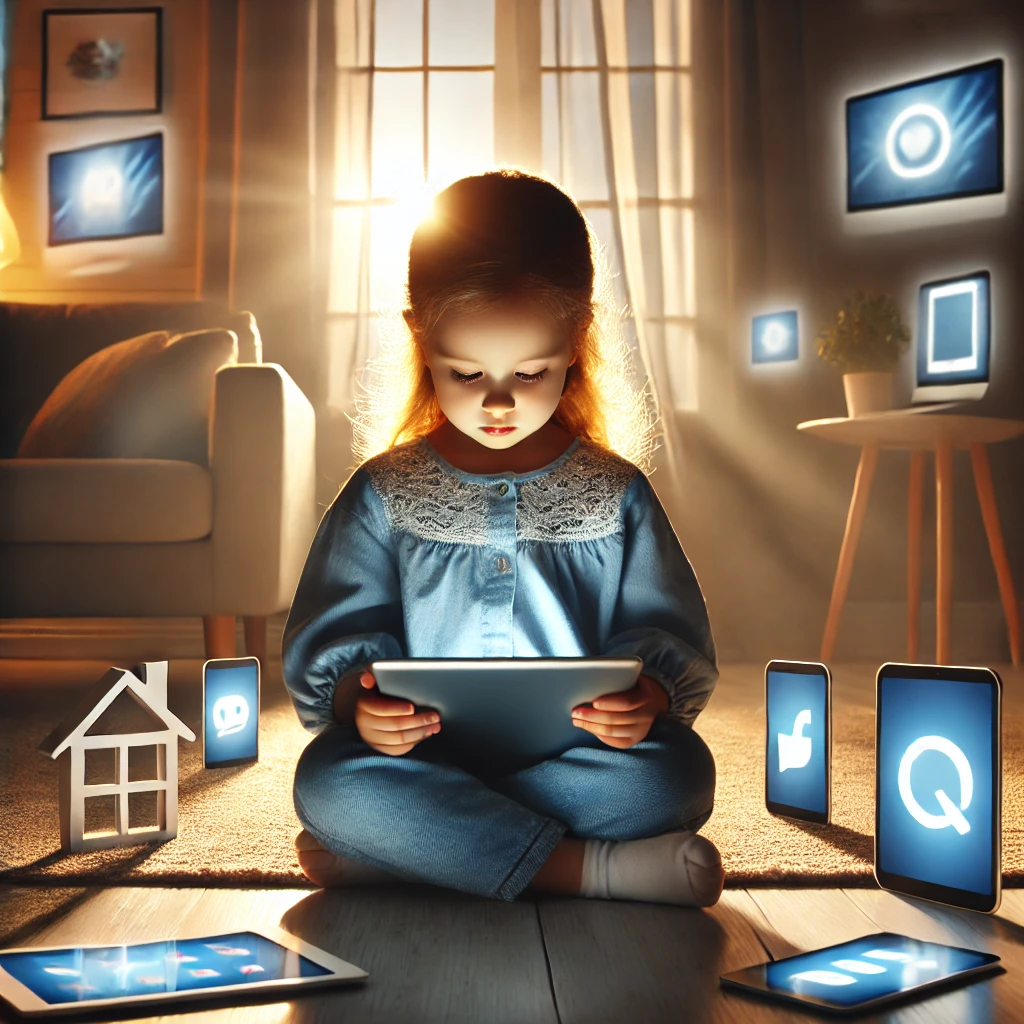In today’s world, screens are no longer just tools—they’re a part of everyday life. From toddlers watching cartoons on tablets to teenagers glued to smartphones, digital technology has become woven into the fabric of childhood. While screens offer convenience and educational content, excessive screen time may be silently reshaping how children think, feel, and relate to others.
The Emotional Landscape of a Digital Childhood
Children learn emotional intelligence through face-to-face interaction: reading expressions, listening to tone, managing conflicts, and learning empathy. When screen time replaces these rich, real-world experiences, children may develop:
Reduced empathy and social awareness
Difficulty interpreting facial expressions or emotions
Impatience and reduced frustration tolerance
Emotional numbness or over-stimulation
How Screens Affect Brain Development
The developing brain is highly sensitive to stimulation. Fast-paced media, constant scrolling, and instant feedback teach the brain to crave novelty and immediate gratification. This can impair:
Attention span
Self-regulation
Sleep quality
Emotional processing
But Not All Screen Time Is Equal
It’s not about banning screens altogether—rather, it’s about intentional use. Interactive, age-appropriate, and educational content (like reading apps or creative games) can enhance cognitive skills. The issue lies in passive, prolonged, and unsupervised screen exposure.
Practical Tips for Healthy Digital Use:
1. Model Balanced Use: Children imitate what they see. Manage your own screen habits.
2. Co-view and Co-play: Engage with your child during screen time; ask questions and talk about content.
3. Set Clear Limits: Define screen-free zones (like dinner or bedtime) and screen time schedules.
4. Encourage Offline Activities: Promote play, physical activity, and creative exploration.
5. Watch for Red Flags: Mood swings, sleep issues, or social withdrawal may indicate digital overload.
Final Thought:
Technology isn’t the enemy—but unchecked, it can disrupt the emotional foundation children need. By guiding digital habits with empathy and intention, we can raise children who are not only tech-savvy but also emotionally intelligent and deeply connected to the real world.






